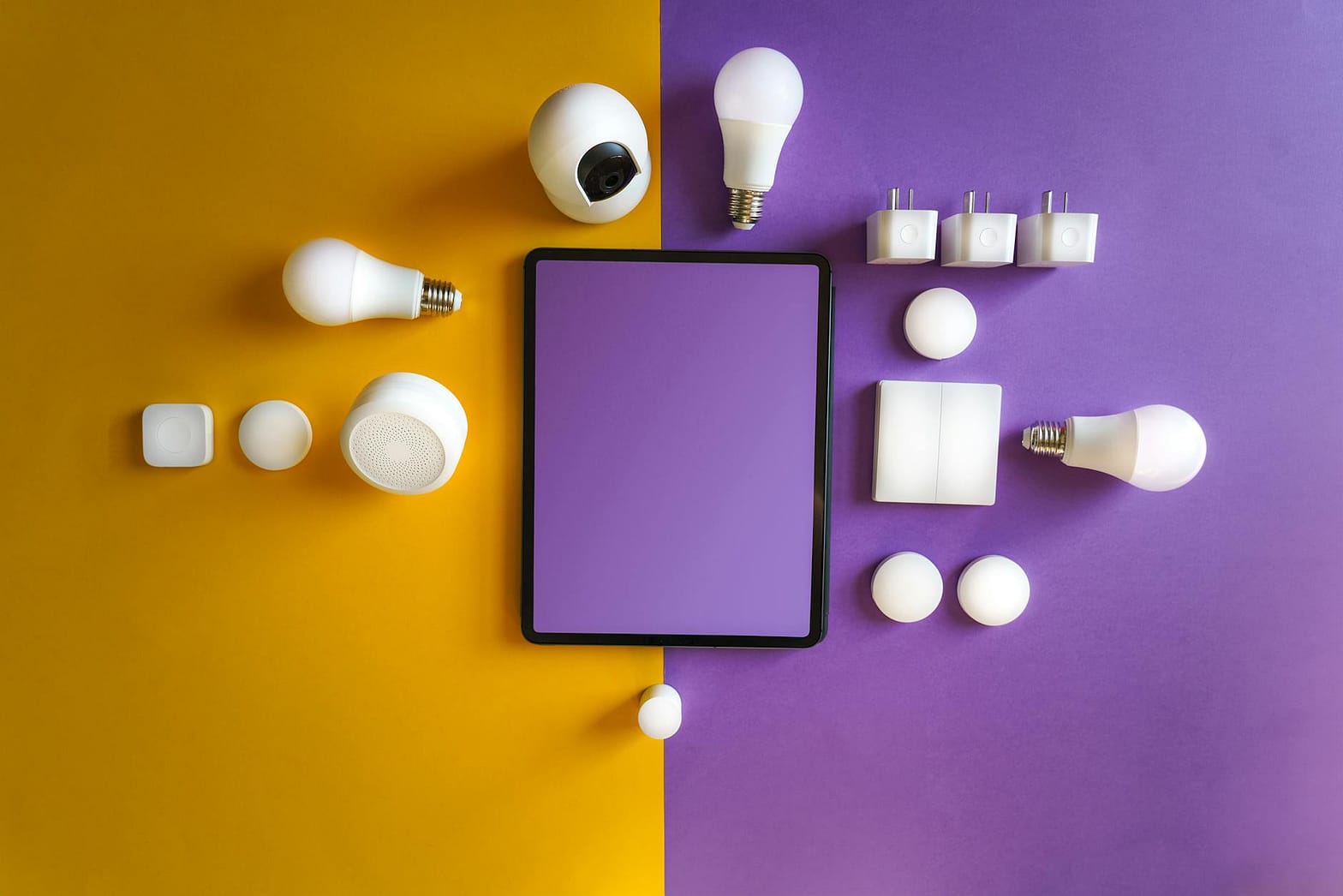This is a contributed post.
Upgrading your home is a great time to add smart home tech to modernize your living space. Utilizing smart devices and home systems can make life easier, save resources, and offer an elevated way of living. In this guide, we will deliver practical advice and know-how to help you get a fit-out right in your house renovation project so your space will be smart, energy-efficient, and future-proof.
Table of Contents
#1 Plan for Smart Integration:
Whether you are building a new home or planning to renovate, you need to look smart from the outset so that you can integrate smart technology throughout your house. The first step to creating a smart home is to consider where you will be doing the most living and where you want connectivity, for example, in the bathroom, kitchen, garage, etc.
Discuss these plans with your contractor or smart home specialist so that as the project unfolds, the system works as expected, especially when choosing where to lay the wiring, power points, and networking. Thinking ahead will minimize the number of potential job delays and altered plans from additional construction/decorating work and ensure your smart gadgets work to their optimal capabilities for extended periods.
#2 Invest in a Reliable Network:
A poor internet connection will drag down the capabilities of your smart home. If you start with a dual-band N600, chances are it will become stressed supporting multiple smartphones, laptops, wireless cameras, and smart TVs. For those with many smart devices connected, upgrading to a home mesh network with nbn 100 is advised.
You will have the bandwidth to stream, game, and control countless devices at once. Investing in a decent Wi-Fi router and even WiFi extenders is recommended for total coverage in your home so there are no dead zones
#3 Improve Security with Smart Systems:
A safe home is important to your life. Nowadays, the smart security measures that exist for you are almost endless. Establish smart locks for remote home access and transmitting single-use codes for houseguests or deliveries.
Smart doorbells include a camera that allows you to see and communicate with visitors in real time via smartphone. Lastly, use a centralized app to monitor and control security cameras and motion sensors throughout the home, providing added safety and new ways to control the security of your home.
#4 Increase Energy Efficiency:
A major benefit of smart home technology is energy efficiency and a reduction in your utility costs. A smart thermostat from Nest or Ecobee will quickly learn your schedule, temperature preferences, and temperature changes according to your whereabouts in the home which will make sure you feel comfortable but you don’t use too much heat or cooling. Smart plugs and power strips provide detailed information about the energy use of your appliances and save on electricity when they aren’t being used.

#5 Create a Connected Living Experience:
A truly smart home results in a more connected living environment which then increases the amount of great things that you can do with your own devices: Enjoy a music experience in any room by syncing smart speakers and setting up home audio solutions. With the ability to control smart TVs and streaming devices with your voice or smartphone, it creates a unified and immersive entertainment experience.
Smart Homes: Renovating With the Latest Technology
In conclusion, use multiple smart devices to create personalized scenes or routines built on your morning or evening schedule. Getting an insight into technology in the home that is forward-thinking and practical and that offers on-hand smartphone control of your environment for convenience, comfort, and safety reasons has to solve all our problems. To know and reap the benefits of a home network when it comes to that, that is creating a smart home!

